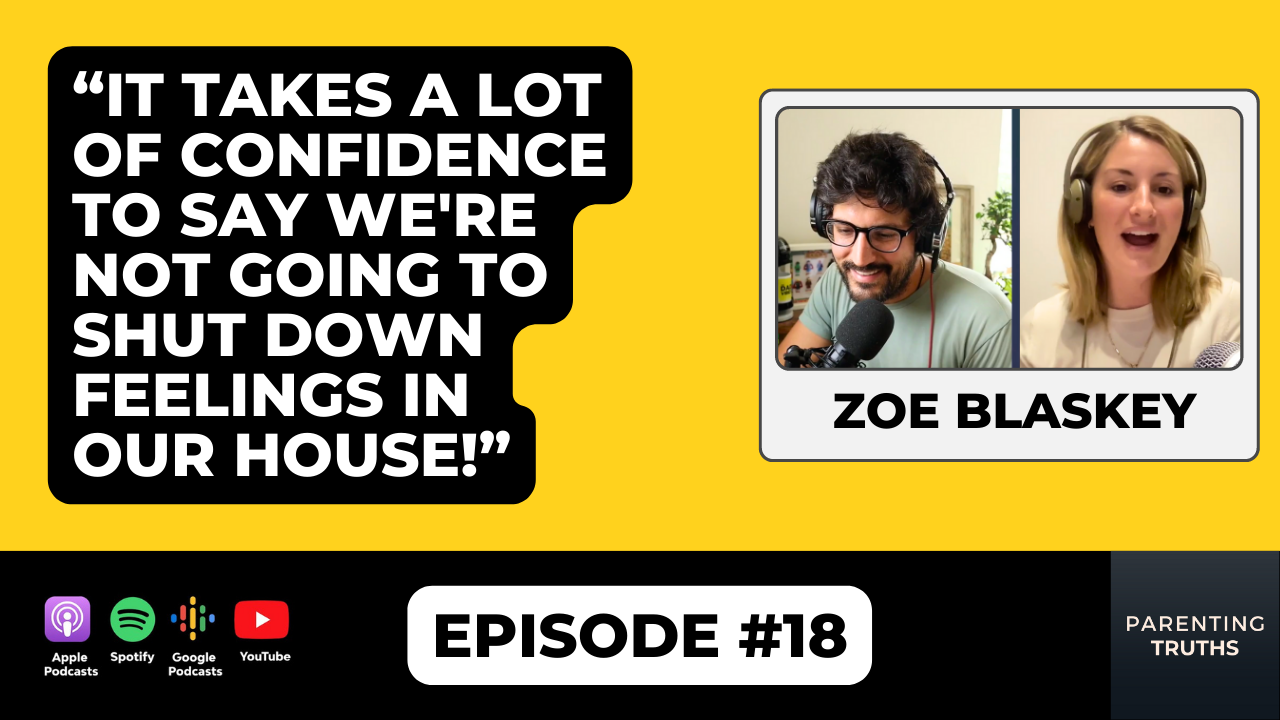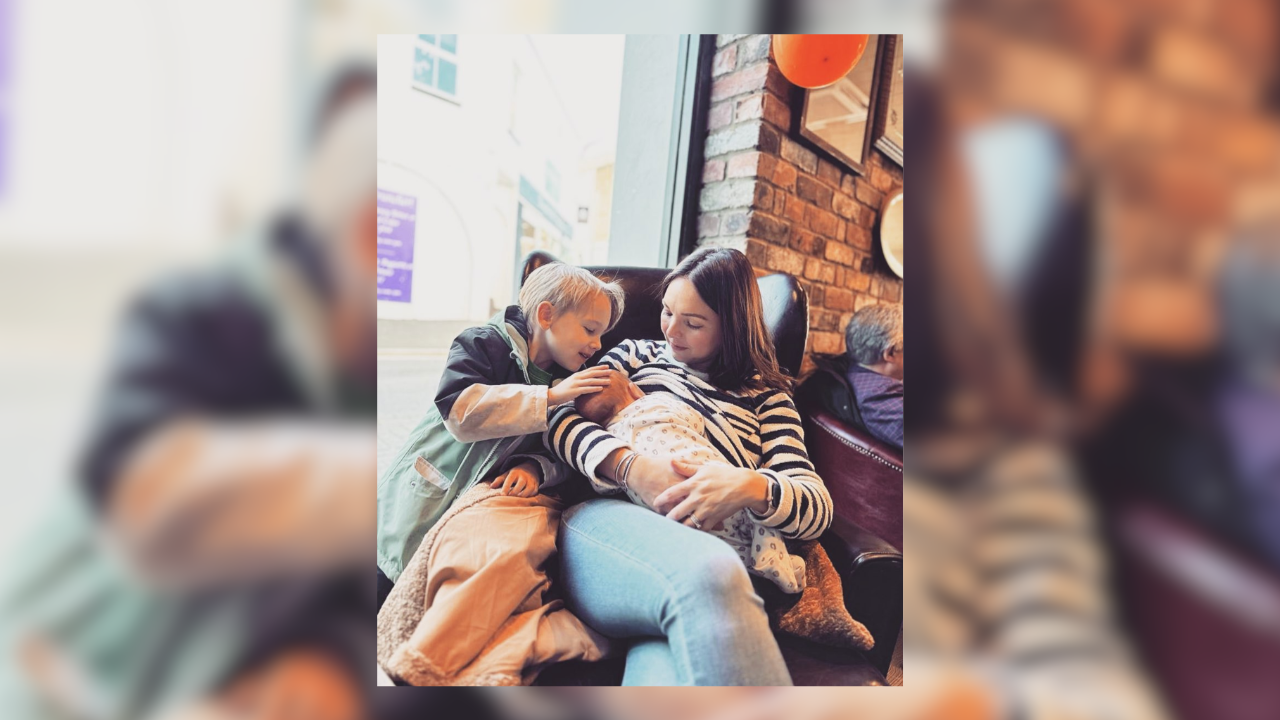4 truths about toddlerhood
Feb 14, 2022
The early years are magical, rewarding, challenging, confusing and all of the above. The fun certainly starts when our little one finds their feet, they begin asserting their independence, pushing their boundaries and finding their voice. Whilst this is beautiful to watch, I'm sure all parents will agree, it comes with its challenges. One of the biggest challenges is working with our children as they try to communicate their big emotions. It's tough, and traditionally we've been told the way we deal with these emotions is by shutting them down, suppressing them, shaming them, the phrase "you'll do as I say" springs to mind. And although on the surface this may seem to work, when we take a step back and look beyond that short-term fix of stopping the emotional outburst, we start to appreciate what's developmentally age-appropriate.
Our toddlers don't know how to regulate their emotions, they don't have the language to communicate their big feelings. It's so tough, because often when our child is experiencing an emotional outburst we're sent into fight, flight or freeze, so we react, often negatively. When I look at these moments with a cool, calm head, I appreciate that it's on me to teach my child all of these things. It's on me to model how we regulate our emotions, it's on me to validate and acknowledge these big feelings (upset, anger, frustration), just as I do when our little one is feeling happy and elated. It's on me to set and hold those boundaries whilst letting him know it's ok to be upset that he can't have the snack before dinner. It's on me to provide the alternatives when he's lashing out or struggling to communicate those big emotions.
It is so difficult to do in the moment, and we aren't going to nail it every time, we're human after all. But for me, these reminders are so helpful during those challenging moments with my little one, and I hope they work to help you too.
Check out the 4 quotes below which I hope can help provide you with some helpful reminders for those challenging moments with your little one:
Big thanks for reading,
Cheers,
Tom



